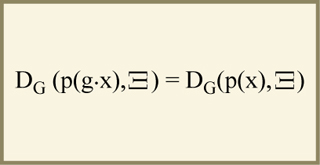The other day at work, a statistical topic came up in a discussion (as happens frequently when one is a statistical analyst). I was not that well-versed in the subject area, so looked around the internet for some knowledge help.
One link led to another, and soon I was rifling through a variety of sites associated with college courses in statistics and programming.
I think spending some time on these sites is a great way to to learn something new - there are typically lecture notes, book references, homework problems and homework solutions.
This reminds of auditing a class in college in the old days; you could sit in on the lectures, do the readings and homework - but not get credit. Same here, when you're lurking online.
I'll share a couple of these links in this post, and if you have any to share - please add them to the comments!
First, take a look at Carnegie-Mellon University's course 36-350, Statistical Computing. With the permission of the teachers, I'm sharing their course site here:
http://www.stat.cmu.edu/~cshalizi/statcomp/
This course seems to mostly be about writing R code - in a sophisticated manner - to do various statistical analyses.
The Massachusetts Institute of Technology put a large amount of its courses online several years via a concept known as "OpenCourseWare." At MIT, statistics courses are overseen by the mathematics department:
http://ocw.mit.edu/courses/mathematics/
There are several statistics courses on the list, and most seem to be more theoretical than applied in nature.
By the way, in that math list, the second-to-last course is named "Simplicity Theory" - and I suspect it's anything but! I had to take a peek, and when I saw the opening image, well, I didn't go any farther:

That's all obvious, right?